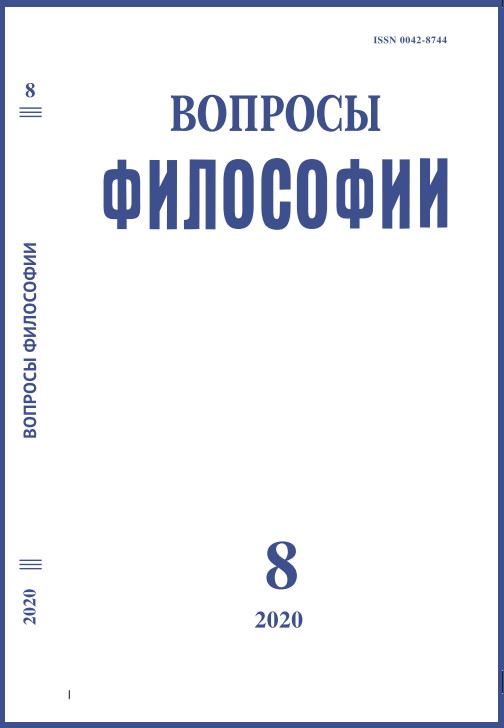Ethnos and Ethnic Self-Consciousness in the Civilizational Discourse: Reflections
DOI:
https://doi.org/10.21146/0042-8744-2020-8-64-71Keywords:
discourse, ethnicity, civilization, culture, cultural meanings, unification, miscegenation, meaning-making, identity, reintegrationAbstract
The article is devoted to the discussion of the issues, which appear today in the context of ethno-cultural development within the civilizational framework. The question is whether an ethnos as a traditional social structure is just an object of the influence of civilizational processes, which are nowadays rapidly developing around it, or it can be considered as a full-fledged subject of social development and has its own significant influence on the civilizational dynamic in general and, thus, interacts actively with other factors, which determine the direction of the dynamic of modern society? Here is, according to the authors, the essence of the ethnos problem today. Therefore, the article attempts to discover some actual tendencies in the philosophical and humanitarian studies of the ethnos, in which modern directions of the civilizational development can be comprehended. Today the sociocultural function of the ethnos is drastically changing and, which is very important in the context of the discussed subject, the role of ethnic groups in the relationship between the man and the nature is sharply increasing. In this context the authors raise the question whether the Western civilizational discourse can be applied to the cultural and civilizational experience of the relationship between the man and the nature among the people of Caucasus. The authors associate the preservation of cultural ethnical diversity with the need to reproduce the semantic space of the ethnos, based on G. Shpet’s ideas about the aesthetic foundations of the ethnic psychology. In this case, additional opportunities arise for the interaction between the South Russia’s ethnic groups within the common cultural space.

